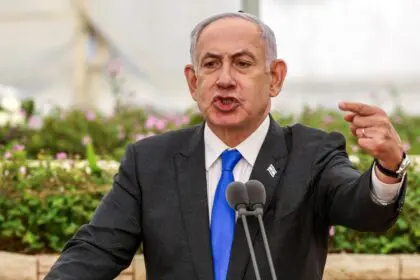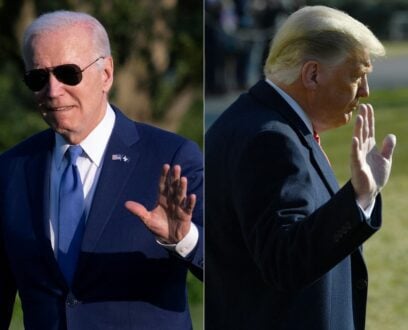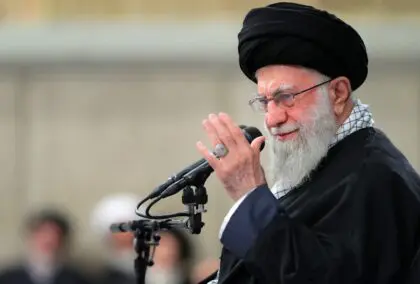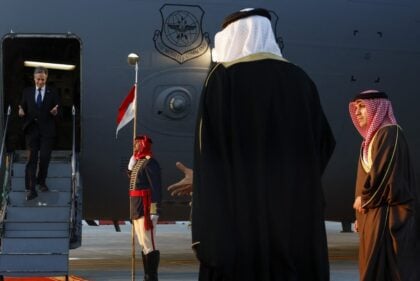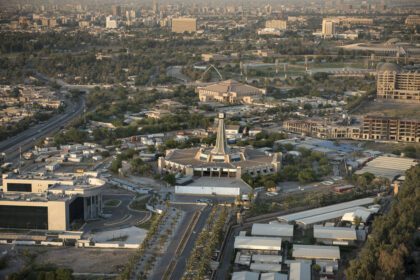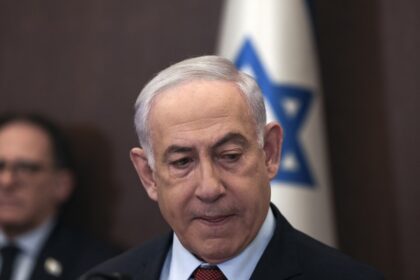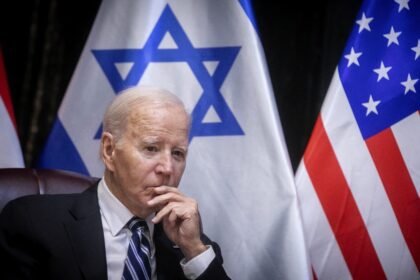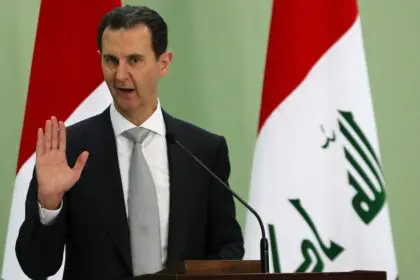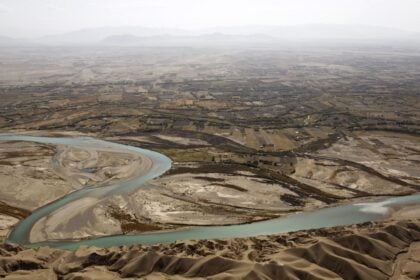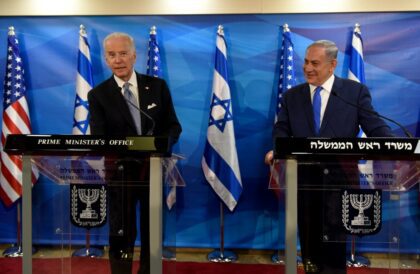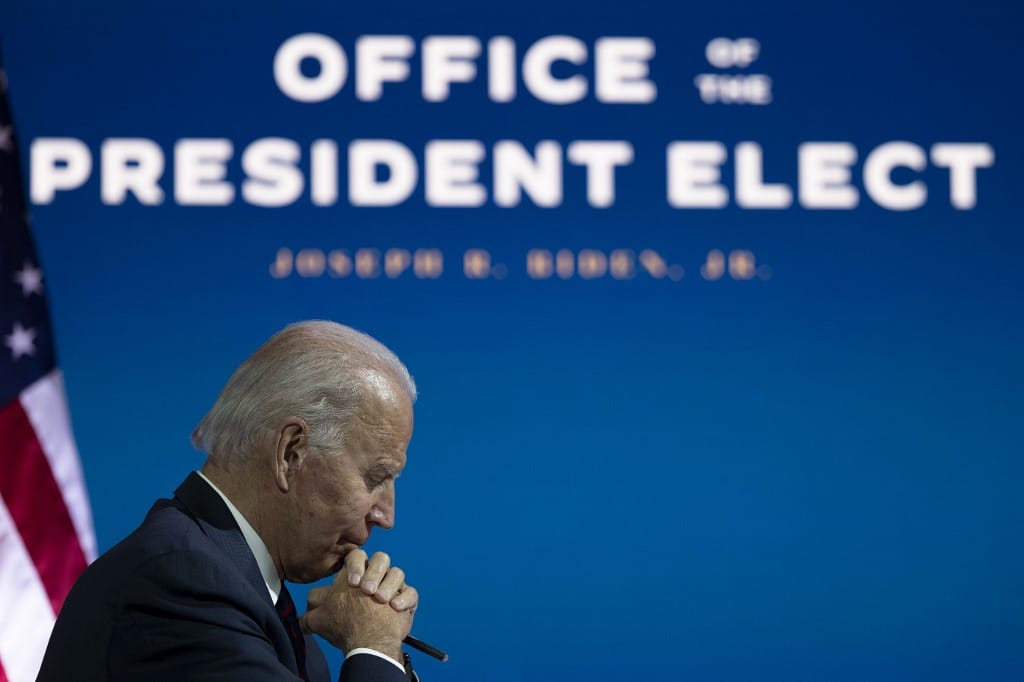
Biden to Restore Traditional U.S Policy in the Middle East
By: Mat Nashed
Introduction
U.S President-elect Joe Biden will inherit responsibility for securing U.S interests in a divided and tumultuous Middle East. The task to repair the damage of the Obama and Trump years – two administrations that hurt Washington’s reputation in the Arab world – could prove too daunting.
Under the Obama administration, where Biden served as Vice President, the Arab world failed to stop the bloodshed in Syria and to penalize Egypt for sliding back into authoritarianism. Trump, for his part, pulled out of a nuclear deal with Iran and encouraged a rift in the Gulf that pitted the United Arab Emirates (UAE) and Saudi Arabia against Qatar.
Biden must restore trust in U.S leadership. However, his own resume raises concern among progressives in the Arab world. Biden, after all, endorsed the 2003 invasion of Iraq which effectively fragmented the country, nurtured the grounds for terrorism, and facilitated Iranian hegemony over the country. Now Biden seems to have adopted the slogan of U.S progressives by vowing to end ‘forever wars.”
But conflicts in the Middle East will continue regardless if the U.S assumes a central role in mediating disputes, or not. Biden’s objectives are nonetheless clear: He’ll seek to restore diplomacy with Iran, assuage tensions between America’s competing allies, and bring Turkey back under the sphere of NATO’s influence.
Brokering a new version of the Iran nuclear deal will be Biden’s largest priority. Trump’s maximum pressure strategy merely hardened Iran’s distrust of Washington and punished Iranian civilians, especially as the population struggled to combat the covid-19 virus.
Winning back Tehran’s trust won’t be easy, yet Biden can start with a few goodwill gestures such as removing impediments that prevent Iran from buying medical supplies to combat Covid-19. Easing sanctions on some of Iran’s senior officials could also persuade Tehran to return to the negotiating table in good faith.
Neither Saudi Arabia nor the UAE will welcome these moves. Both countries fear a new nuclear deal that results in sanctions relief for Iran. The fear isn’t completely unfounded since Tehran could use its financial resources to double down on support for its militia proxies such as Lebanon’s Hezbollah and Yemen’s Houthis. Obama’s nuclear deal with Iran, for instance, was inked at the expense of Syrian civilians. Nevertheless, Trump’s ‘maximum pressure’ policy only antagonized Iran, prompting Tehran to use its proxies to disrupt U.S interests across the Arab world.
Biden has also vowed to hold Saudi Arabia’s powerful Crown Prince, Mohamad bin Salman (MBS), accountable for the brutal assassination of Washington Post journalist Jamal Khashoggi. It’s uncertain if the U.S can obtain any type of human rights concessions from MBS. However, the Saudi kingdom still relies on U.S protection as a client state, knowing full well that it doesn’t have the military power to secure its borders from its nemesis Iran.
That said, observers shouldn’t expect the Saudi/American relationship to fundamentally change, except regarding the war on Yemen. Biden has vowed to end support for Saudi Arabia’s violent aerial campaign that has created a humanitarian disaster.
Such vows, centered around human rights, makes the UAE uneasy. The de-facto leader of the Emirates, Abu Dhabi Crown Prince Mohamad bin Zayed (MBZ), is particularly weary of any discourse that supports pluralism and free expression since he views them as channels for political Islam to flourish. The perceived threat and hysterical fear of political Islam is at the root of the authoritarian model that the UAE has adopted at home and supported abroad.
To avoid political reforms, the Emirates will continue reinforcing its image as a tolerant and progressive nation in a region where religious extremism is rife. Most recently, the Emirates removed bans on alcohol and ended lenient punishments for sexual harassment and ‘honor’ killings. The latter reform should be applauded by human rights groups, but not at the cost of condoning political repression in the UAE or its imperial ambitions.
The Emirates, after all, are punching beyond their weight by investing handsomely in defense systems. That was MBZ’s motivation to ink a ‘peace-deal’ with Israel, believing he could then acquire F-35s – the most advanced fighter jet in the world – from the Trump administration. Israel reluctantly signed off on the quid-pro-quo, yet an advisor for Biden has implied that the incoming administration could block the transaction.
“The Obama-Biden administration made sure that our most advanced fighter plane would be available to Israel, but only to Israel in the Middle East,” said Tony Blinken, who served under the 2008 administration as a deputy national security advisor, to Israeli reporters.
“Reports that the [Trump] administration has committed to provide these planes to the UAE is something we would look at very, very carefully, and make sure that the (Qualitative Military Edge) is preserved and it’s very important that Congress play a role,” he added.
The UAE won’t be happy if the U.S cancels the sale of F-35s, which would guarantee the unraveling of the peace-deal with Israel. However, Palestinians hope that a Biden administration can at least push Israel to safeguard the possibility of a two-state solution, while restoring aid to the Palestinian relief agency UNRWA. The latter will surely be easier to achieve than the former. Either way, Palestinian youth are under no illusions that Israel will end its violent military occupation during Biden’s time in office.
The last priority on Biden’s agenda will be to reign in the imperial aggression of Turkey’s President Recep Tayyip Erdogan. Unlike the UAE, Turkey’s behaviour is pragmatic, not ideological. Ankara particularly wants a broadened Exclusive Economic Zone (EEZ) in the crowded Mediterranean, which would increase its odds of finding and drilling for natural gas. And after Ersin Tatar, a Turkish nationalist backed by Ankara, was elected as President in Northern Cyprus last month, observers fear that Cyprus could be partitioned.
Turkey’s ambitions in the eastern Mediterranean undermines the interests of fellow NATO allies such as Greece and France. Under Biden, Washington would also be weary of the regional rivalry – and cooperation – between Ankara and Moscow. Their respective involvement in Libya, for instance, continues to complicate prospects for peace in the oil rich North African nation. Erdogan also came under heavy criticism in Washington for purchasing Russian S-400s – a sophisticate air defense system that poses a threat to NATO’s F-35 fighter jets.
Biden, for his part, has not minced his words about Erdogan. In 2019, he called him an ‘autocrat’ and promised to take a forceful stance against him if he became President. But Washington would do nothing so risky as to kick Turkey out of NATO. Analysts believe that would only weaken NATO and prompt a rapprochement between Ankara and Moscow.
Erdogan should thus anticipate harsh condemnation and little punitive action from Washington over the next four years. Biden will instead try to exhaust every diplomatic channel to appease Turkey and shore up NATO through American leadership.
That’ll be a difficult but necessary endeavour.
Latest Articles
Below are our latest articles concerning the United States of America and the Middle East and North Africa.


